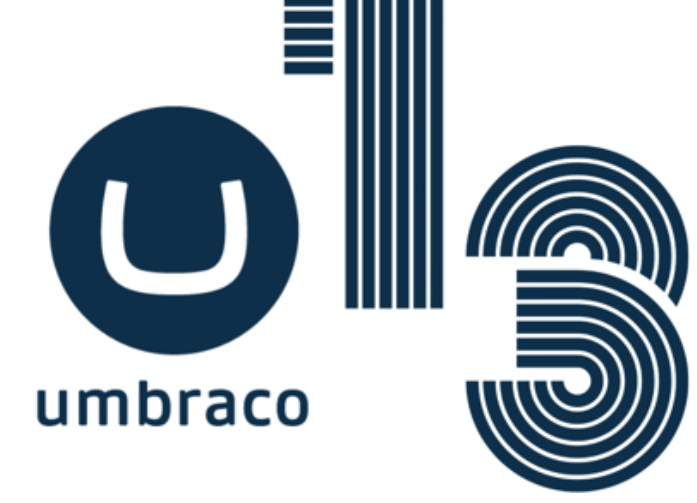
Content management systems (CMS) are the backbone of modern digital experiences. Businesses, developers, and marketers rely on them to efficiently create, manage, and optimize websites. But there’s an ongoing debate—should you use an open-source CMS like Umbraco or stick with a proprietary platform like Sitecore or Adobe Experience Manager?
Let’s set the stage with some numbers. According to W3Techs, open-source CMS platforms power over 43% of websites worldwide, with WordPress leading the pack. Meanwhile, proprietary CMS solutions are often favored by enterprises for their perceived reliability and support. But does that mean they’re inherently better?
Over the years, I’ve worked with both types, and I’ve seen businesses struggle with licensing costs, vendor lock-in, and limited customization when using proprietary platforms. On the flip side, open-source CMS solutions offer flexibility, but some companies worry about security and long-term support. This brings us to an important question: Can Umbraco, a popular open-source CMS, truly compete with proprietary systems?
Why Businesses Are Rethinking Proprietary CMS Platforms
Many enterprises choose proprietary CMS platforms because they assume they’re more secure, stable, and feature-rich. And to be fair, these platforms often come with dedicated support teams, robust security measures, and pre-built integrations. But at what cost?
- Licensing Fees: Proprietary CMS platforms often require expensive annual licenses. Some companies pay tens or even hundreds of thousands of dollars per year just for the right to use the software.
- Limited Customization: While they come packed with features, making major customizations usually requires expensive development work.
- Vendor Lock-In: Companies that rely on proprietary CMS solutions may find themselves stuck with a single vendor, limiting flexibility.
- Scalability Issues: Some proprietary platforms don’t scale as well as open-source solutions, particularly when dealing with high-traffic and complex web applications.
Given these challenges, many businesses are reconsidering open-source alternatives like Umbraco. But does it measure up?
Umbraco: A CMS Built for Flexibility and Control
Umbraco is one of the most well-known open-source. NET-based CMS platforms. It’s particularly popular among developers and enterprises that want full control over their digital experiences. But what makes it stand out?
1. Cost-Effective Without Compromising Quality
One of the biggest advantages of Umbraco is that it’s free to use. Unlike proprietary CMS platforms that demand costly licenses, Umbraco allows businesses to invest in development rather than software fees.
However, some companies worry about support and security when using an open-source CMS. This is where Umbraco shines—it offers Umbraco Cloud, a fully managed service with automatic upgrades, security patches, and dedicated support.
2. Fully Customizable and Developer-Friendly
Proprietary CMS platforms often impose restrictions on how much you can customize. Umbraco, on the other hand, is known for its developer-friendly architecture. With a flexible API, businesses can build custom solutions tailored to their needs. It integrates seamlessly with third-party tools, CRM’s, and marketing automation platforms.
According to a study by BuiltWith, over 40,000 websites use Umbraco, including global brands like Heinz, Carlsberg, and the UK Parliament. This proves that enterprises trust it for mission-critical applications.
3. Scalable and Secure
Security is a major concern for businesses choosing a CMS. While proprietary platforms emphasize their security features, Umbraco offers enterprise-level security with role-based access control, encryption, and regular security updates.
Scalability is another factor. Umbraco is built on Microsoft’s .NET framework, making it a strong choice for businesses that need to scale without performance issues. Large organizations that handle high-traffic websites benefit from its ability to grow with demand.
How Does Umbraco Stack Up Against Proprietary CMS Solutions?
To answer this question, let’s compare Umbraco with two major proprietary CMS platforms: Sitecore and Adobe Experience Manager (AEM).
| Feature | Umbraco | Sitecore | Adobe Experience Manager |
| Cost | Free (with optional paid cloud plans) | Expensive licensing fees | High licensing costs |
| Customization | Highly flexible | Limited by licensing restrictions | Customizable but complex |
| Ease of Use | Developer-friendly, intuitive UI | Steep learning curve | Advanced but requires training |
| Security | Excellent for high-traffic sites | Good but resource-intensive | Scalable but costly |
| Scalability | Excellent for high-traffic sites | Good but resource-intensive | Scalable but costly |
| Vendor Lock-in | None | Yes | Yes |
This comparison highlights that Umbraco is not only competitive but, in many cases, offers advantages that proprietary CMS platforms cannot match.
Zenesys: The Best Umbraco Service Provider
If you’re considering Umbraco CMS Development Services USA, choosing the right Umbraco development company is crucial. This is where Zenesys stands out.
Zenesys specializes in Umbraco development services, offering tailored solutions for businesses of all sizes. With an expert team that understands both enterprise needs and technical complexities, Zenesys ensures that your CMS project is built for scalability, security, and performance.
Why Choose Zenesys?
- Deep Expertise: A track record of successful Umbraco projects across various industries.
- Custom Solutions: Tailored Umbraco CMS development services that align with business goals.
- Dedicated Support: From development to post-launch maintenance, Zenesys provides continuous assistance.
- Proven Success: A portfolio that includes projects for global brands and enterprises.
Final Thoughts: Is Umbraco a True Competitor?
So, can Umbraco compete with proprietary CMS platforms? The short answer is yes. The long answer is that it depends on what you need. If your business wants an affordable, scalable, and customizable CMS without the burden of vendor lock-in, Umbraco is a strong contender.
On the other hand, if you require out-of-the-box solutions with dedicated enterprise support, a proprietary CMS might seem like the safer choice. But with providers like Zenesys offering comprehensive Umbraco service provider solutions, even enterprises can confidently adopt Umbraco.
At the end of the day, it’s about control. Do you want to be tied to a costly platform with limited flexibility? Or do you prefer a developer-friendly, cost-effective solution that grows with your business? If the latter sounds appealing, Umbraco might just be the CMS you’ve been looking for.





